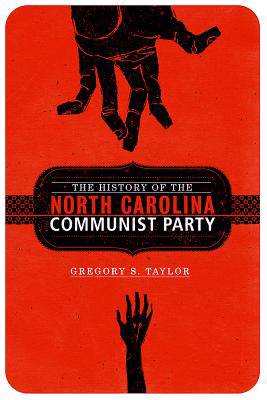
- Retrait gratuit dans votre magasin Club
- 7.000.000 titres dans notre catalogue
- Payer en toute sécurité
- Toujours un magasin près de chez vous
- Retrait gratuit dans votre magasin Club
- 7.000.0000 titres dans notre catalogue
- Payer en toute sécurité
- Toujours un magasin près de chez vous
Description
As Taylor notes, the North Carolina Communist Party was a vibrant, socially conscious activist group as well as a political party, and the first organization of its kind in a southern state. In the 1920s North Carolina saw prolonged and violent struggles between the owner and hired protectors of industrial enterprises and the laborers who worked the mills and factories. From 1929 to 1956 the Party took a leading role to implement change: it unionized tobacco and textile industries, pushed for legislation to benefit the unemployed, demanded civil rights for the disenfranchised, called for peaceful foreign policy, sought judicial and prison reforms, and opposed segregation and what the Party considered "creeping fascism." In recounting Party activities from this era, Taylor shows that the main objective was to organize and aid the economically, politically, and culturally downtrodden through social reform rather than through Communist revolution. He reveals Party members to be conscientious North Carolinians, and by extension he challenges long-held assumptions about the Communist presence throughout the United States.
Spécifications
Parties prenantes
- Auteur(s) :
- Editeur:
Contenu
- Nombre de pages :
- 258
- Langue:
- Anglais
Caractéristiques
- EAN:
- 9781570038020
- Date de parution :
- 21-05-09
- Format:
- Livre relié
- Format numérique:
- Genaaid
- Dimensions :
- 147 mm x 231 mm
- Poids :
- 521 g

Les avis
Nous publions uniquement les avis qui respectent les conditions requises. Consultez nos conditions pour les avis.






